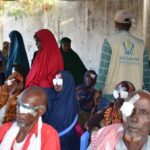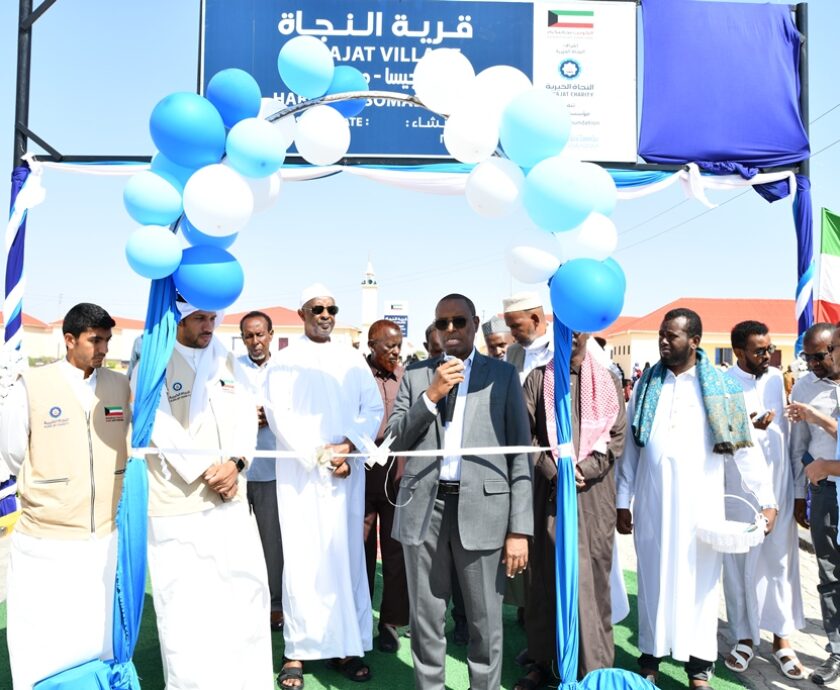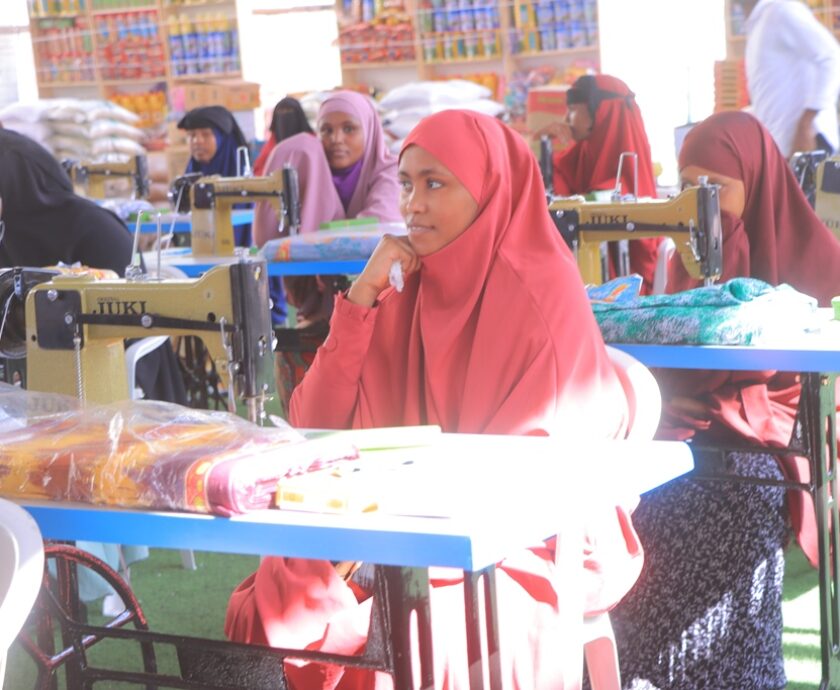World Immunization Week | Theme 2025: “Humanly Possible: Saving Lives through Vaccines”
Somalia continues to grapple with significant immunization challenges, including high population mobility, widespread displacement, and ongoing conflict, all of which disrupt routine immunization (RI) services and elevate the risk of vaccine-preventable disease outbreaks. The fragile health infrastructure, compounded by security concerns, has resulted in large segments of the population—especially children under five—being consistently missed during vaccination campaigns.
In response to the persistent threat of vaccine-preventable diseases and the ongoing circulation of CVDPV2, the ZamZam Foundation (ZZF), in partnership with World Vision under the CORE Group Partners Project (CGPP) and with support from the Bill & Melinda Gates Foundation (BMGF), is implementing the Far-Reaching Integrated Delivery (FARID) project. The overarching goal of FARID is to ensure that children in hard-to-reach and inaccessible areas are protected through the delivery of essential vaccines, including the Inactivated Polio Vaccine (IPV), Oral Polio Vaccine (OPV), and the Measles vaccine. The project emphasizes a cross-program integration approach, leveraging synergies across health and nutrition sectors to extend the reach of immunization services.
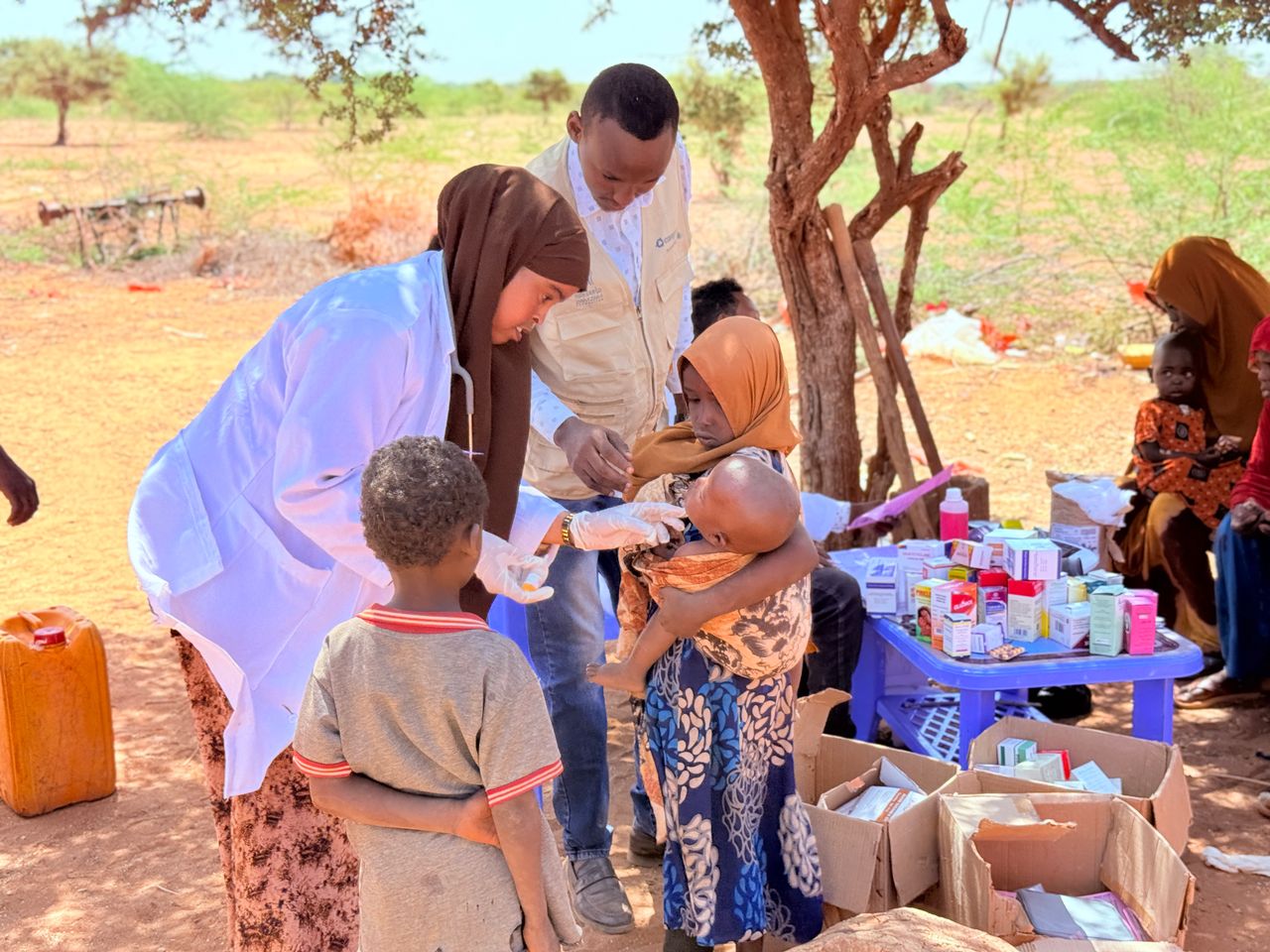
ZZF’s focus is on 5 districts—Hagar, Jamame, Elwak, Luuq, and Bardhere—where routine immunization coverage remains low due to insecurity, population displacement, and limited health infrastructure. In these areas, the FARID Project has adopted an innovative ‘Health Camp’ model designed to overcome the social, structural, and gender-based barriers that hinder access to immunization and essential health services. These mobile health camps operate as temporary outreach clinics, rotating through targeted villages every month and running for five consecutive days in each location. They deliver a comprehensive package of services with a primary focus on maternal health, Expanded Programme on Immunization (EPI), and child nutrition.
A key strength of the Health Camp model lies in its community-centered delivery approach. The camps are facilitated through strong local engagement and coordination with community leaders and clan elders, who play a critical role in enabling access to areas that are otherwise inaccessible due to control by non-state armed groups. By building trust and leveraging existing community structures, the FARID project can reach populations that are often left behind in national immunization campaigns, contributing meaningfully to the interruption of poliovirus transmission and the reduction of preventable child mortality in these underserved districts.
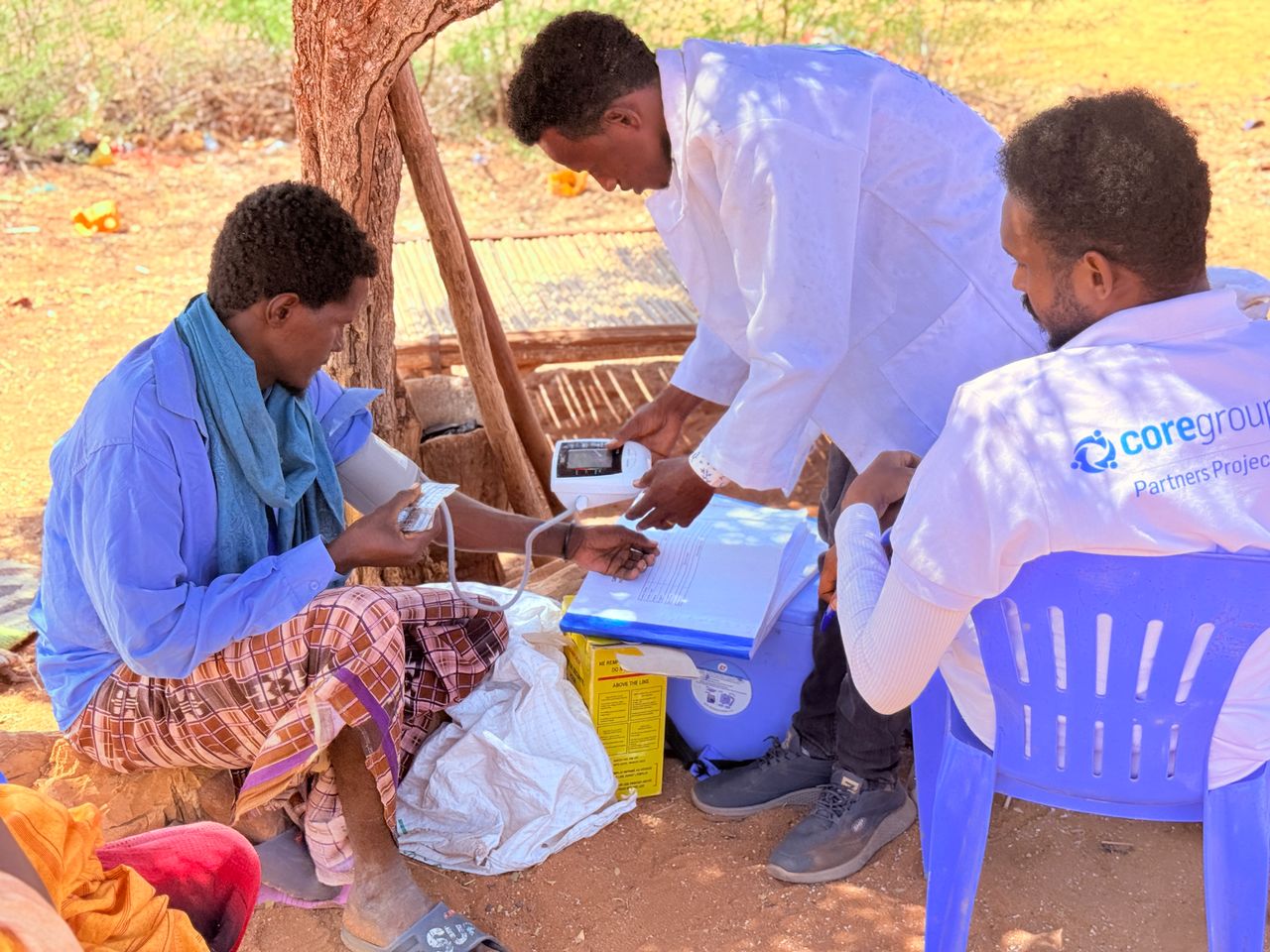
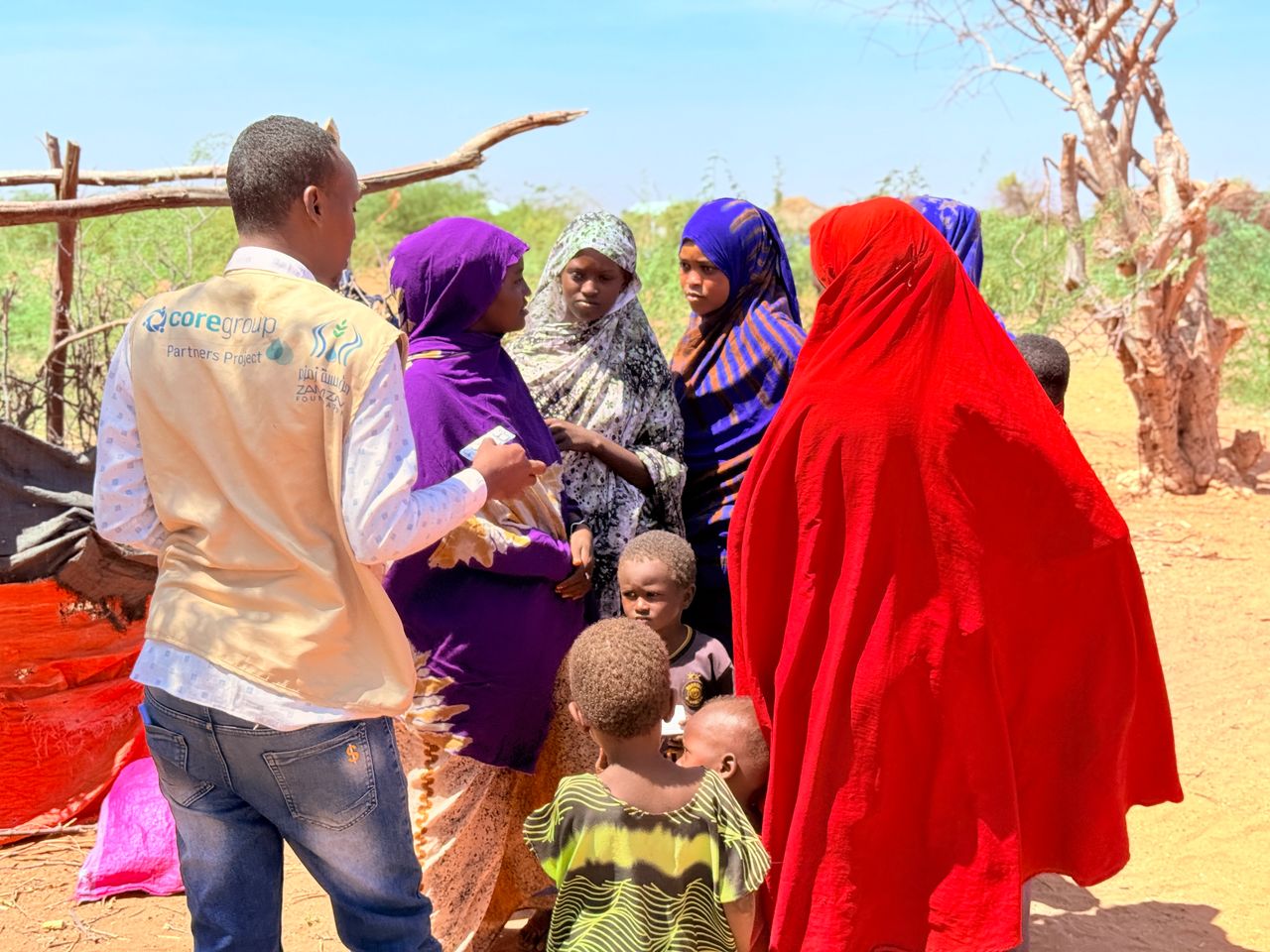
Key Achievements
During the reporting period, the FARID project facilitated health camp sessions in hard-to-reach and inaccessible villages across five districts. These efforts contributed to improved access to integrated primary healthcare services, including the provision of lifesaving vaccines, thereby extending essential health interventions to previously underserved communities.
- During the January–March 2025 quarter, a total of 22,643 children were vaccinated, representing a 34% increase compared to the 16,849 children reached in the previous quarter (October–December 2024).
- The project contributed to improved maternal health outcomes by facilitating antenatal care (ANC) consultations for 6,058 pregnant women during the reporting period. As part of the comprehensive ANC package, these women received counselling services, Iron-Folic Acid (IFA) supplementation, and Tetanus Toxoid (TT) vaccination. These interventions aim to reduce maternal and neonatal risks and promote healthy pregnancies.
- Provided 14,520 nutrition screenings and consultations were conducted during the quarter to help address malnutrition, promote healthier pregnancies, and improve child survival.
Strengthening Community Engagement and Health Surveillance
Additionally, community engagement played a key role in promoting positive health-seeking behaviors. ZZF conducted the following activities to engage community members with health education and improve community-based surveillance outcomes:
- During the reporting period, 4,106 community members were sensitized on Acute Flaccid Paralysis (AFP) surveillance, vaccine-preventable diseases (VPDs), nutrition, and maternal health. Community engagement sessions aimed to improve awareness and responsiveness to priority health conditions.
- As a result of strengthened community-based surveillance, FARID’s community mobilizers (CMs) reported 17 suspected measles cases and 129 suspected cases of acute watery diarrhea (AWD), while no AFP cases were identified. These efforts contributed to the early detection and timely referral of suspected cases.
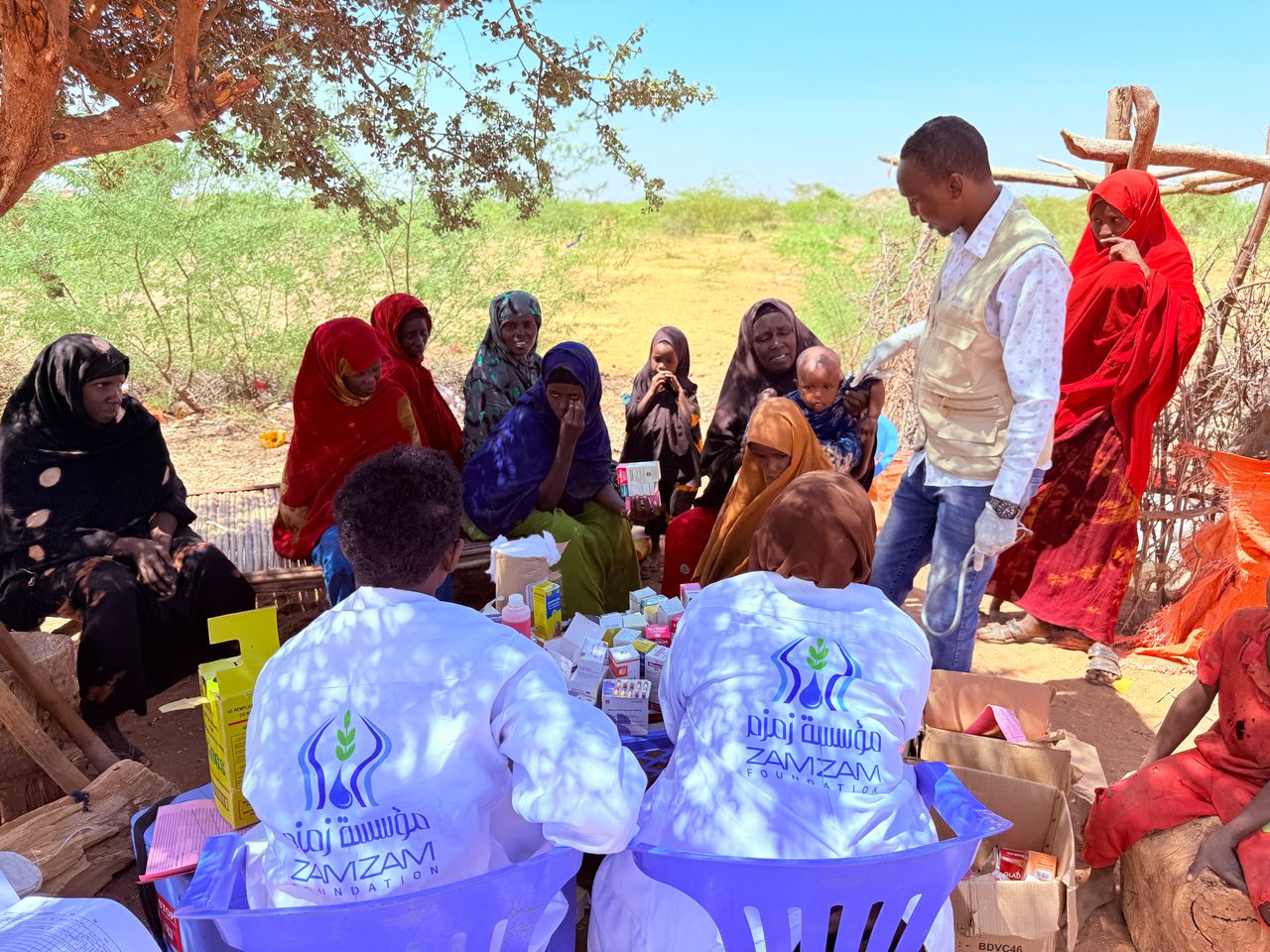
We are incredibly grateful to our partners, frontline health workers, community leaders, and mobilizers who have made it humanly possible to protect children and families in Somalia’s most underserved districts—Luuq, Bardhere, Elwak, Jamame and Hagar.










